PHP Deprecated: Creation of dynamic property Joomla\Registry\Registry::$default is deprecated in /home/authorsinfo/public_html/libraries/vendor/joomla/registry/src/Registry.php on line 937
PHP Deprecated: Creation of dynamic property plgContentLayerslideshow::$context is deprecated in /home/authorsinfo/public_html/plugins/content/layerslideshow/layerslideshow.php on line 38
PHP Deprecated: Creation of dynamic property SocialPoints::$string is deprecated in /home/authorsinfo/public_html/administrator/components/com_easysocial/includes/dependencies.php on line 123
PHP Deprecated: Creation of dynamic property SocialBadges::$string is deprecated in /home/authorsinfo/public_html/administrator/components/com_easysocial/includes/dependencies.php on line 123
Mahogany Keys: The Complex Image of the African American Woman part 4
Interview with Lemelia Johnson Bonner – writer
Lemelia Bonner is a novice writer of creative fiction and non-fiction, and a professional mother. She lives with her teen daughter, son, and a few feline companions in Winston-Salem North Carolina. Her musings on spirituality and the paranormal can be found on her blog, The Chocolate E-Clair on Blogger. She also contributes to the Gather.com writers' network as busimama. Lemelia is a 1979 graduate of Phillips Exeter Academy. She attended North Carolina State University’s School of Design, and is currently pursuing a degree in Creative Writing at Southern New Hampshire University. She chose to preface her interview with the following fragment,
Someday, after mastering the winds, the waves, the tides
and gravity,
We shall harness for God the energies of love,
And then, for the second time in the history of the world,
Man will discover fire. ~ Pierre Teilhard de Chardin
Oana: Lemelia, what is the importance of the family in your life?
Lemelia Johnson Bonner: My family and my faith are everything to me. I come from a long line of overachievers, men and women who’ve been leaders in the African-American community in the city of Winston-Salem, North Carolina. Our oral history is strong, as is our trust in a loving Creator.
Oana: Would you say that the fact that you are an African American woman made a difference in the way you were treated throughout your life (school, workplace)?
Lemelia Johnson Bonner: I think my personal experience has been somewhat unique. My parents never made mention of the fact that I might be discriminated against when I was a young child; therefore, I never anticipated it. I believe that was a good thing. They told me I could do and be anything I wanted. I saw that they were successful, and saw no reason why I shouldn’t be equally successful. In fact, my parents made no bones about the fact that they would invest a lot in me, and expected no less than my best in everything.
When I was eight, I was selected to be a part of a new, experimental class for “academically talented” students in our county school system. We went through the next four years together, somewhat isolated and privileged by comparison with other students in our elementary school. I was the only black in the class, so of course I noticed it, but I never felt different. This was the late 60s and early 70s, so in hindsight I realized how unique my experience was. My classmates were truly my friends, and regarded me as smart, and the best artist and athlete among them. The girls also loved my hair, and were jealous of the fact that I could do a lot more with it than they could. I was fully accepted by their parents, who were probably more progressive than most in our city.
Junior high school was a major culture shock for me. For the first time I was wide a wider cross section of the county, and I found black students kids from the housing projects very scary. I wasn’t accustomed to anything about them, and they didn’t like me. They accused me of trying to be or acting “white.” They didn’t like the fact that I took my studies seriously or used proper English. I have to admit that I dumbed down a bit to make a few friends. My only saving grace during that difficult time was my athleticism. They had to respect the fact that I was better at track than all of them, even the boys. I think too little has been made of or discussed about reverse racism and how institutional racism impacts the way blacks view and treat one another.
One of the best things that ever happened to me was getting a full scholarship to attend Phillips Exeter Academy for my last two years of high school. Though we were a small minority at the time (just 3% of the student body) we had a lot in common and found full acceptance in every respect. I was much more confident and accepting of myself by the time I went to college. In the workplace I have had a variety of experiences in regard to race. Many have been positive, but the few that were negative had more of an impact than I would have anticipated before they occurred.
Oana: Have you had extremely negative experience involving racism and how did they affect you?
Lemelia Johnson Bonner: The worst experiences I’ve had were related to housing. I have been the victim of redlining, which I never would have imagined facing in the 90’s. I was also rejected for a job with a luxury homebuilding company, passed over for someone with much less experience because they preferred to present a white face to potential customers. It was worse than a punch to the gut to discover these things, both having occurred after discussions behind my back.
Oana: Have you ever felt that your ideals and goals have been put on hold because society has assigned you a different task or even punishment?
Lemelia Johnson Bonner: I would say I’ve probably changed some of my goals in order to avoid such situations. I’ve turned to self-employment and freelance work. I’ve come to prefer work behind the scenes, where just the work can stand alone and speak for itself. My father and my siblings have all chosen this route.
Oana: Do you believe in God? What do you think about the fact that black people and white people rarely meet in churches when we are told we are all “children of God”?
Lemelia Johnson Bonner: I do believe in God, though my current beliefs differ somewhat from what I was raised to believe. I seek God for myself, and allow myself to experience more of what’s ‘out there’ in the universe. When it comes to places of worship, I say to each his/her own. There are so many styles of worship and praise music. Everyone has their own preferences. I only have a problem with people not being welcoming to every person who comes through their church doors. My children and I attend a non-denominational church where all races are well represented. Community involvement and social justice are emphasized in all we do.
Oana: Do you believe that African American women’s rights should be part of a general greater movement that would include women of all races and ethnicities or they should be addressed separately?
Lemelia Johnson Bonner: I see no reason for there to be one way to the exclusion of the other. Both have value and place.
Oana: Many African American woman follow fashion trends which sometimes triggers a very negative response in the black community. Do you think that a hairstyle can change who one is?
Lemelia Johnson Bonner: Hairstyle is a very personal thing. Everyone chooses fashion and hair to, at least in part; make a statement about who they are. But for many women of color hairstyles are a matter of convenience and economy. Our hair, being naturally dry and often difficult to manage, requires less washing and regular application of products that other types of hair would not tolerate. These products can be very expensive, so ‘natural’ styles are often a way to save money as much as being an expression of cultural pride. If you want to make a black woman mad, mess with her hair!
Oana: What are the most sensitive issues the African American woman encounters frequently and that are invisible to the white people’s eyes? What should we be more aware of?
Lemelia Johnson Bonner: Again, respect the hair! LOL And be aware of the fact that the African American culture is extremely diverse. Just being honest, we don’t all like or understand one another. Most of us don’t care for people like Al Sharpton. Most of us think O.J. Simpson was as guilty as sin. Most of us hate it when our too-young parents give their children names like Johnquelle or De’Quashanisha. Most of us think white parents are far too permissive when it comes to their children showing them due respect. Many of us use the ‘N’ word to describe the uncouth, but also as a term of affection. Most of us really get a kick out of white people who are good at things like rap and break dancing. We love artists like Eminem. We do not, however, like white people who pick up what we regard as the worst parts of ourselves. We are very bothered by white people who talk ‘ghetto’ or behave as foolishly as the type of blacks who appear on the Maury show. And most of us don’t mind being called ‘black’ rather than African American. The latter takes too long to say and write.
Oana: What is the significance of the African American woman’s work in today’s society?
Lemelia Johnson Bonner: More African American women are becoming entrepreneurs and self-employed these days. Most of us wear many hats to survive, but also do so as a way of providing for ourselves the pride and recognition we don’t get from white society and the men in our community.
Oana: What is your advice for the young generation of African American women?
Lemelia Johnson Bonner: Be who you are, and make no excuses for it. Follow your own dreams. Take advantage of every educational opportunity that presents itself. Please, please wait until you are well established and financially stable to have children! And don’t be stupid when it comes to men!
Oana: Thank you, Lemelia.
Find more about Lemelia at http://thechocolateeclair.blogspot.com/
Find more about Oana at www.thehealings.net
© 2013 by Oana
When you subscribe to the blog, we will send you an e-mail when there are new updates on the site so you wouldn't miss them.
PHP Deprecated: Creation of dynamic property EasyBlogPost::$isImage is deprecated in /home/authorsinfo/public_html/administrator/components/com_easyblog/includes/themes/helpers/post/entry.php on line 415
PHP Deprecated: Creation of dynamic property EasyBlogPost::$isImage is deprecated in /home/authorsinfo/public_html/administrator/components/com_easyblog/includes/themes/helpers/post/entry.php on line 415
PHP Deprecated: Creation of dynamic property EasyBlogPost::$isImage is deprecated in /home/authorsinfo/public_html/administrator/components/com_easyblog/includes/themes/helpers/post/entry.php on line 415
PHP Deprecated: Creation of dynamic property EasyBlogPost::$isImage is deprecated in /home/authorsinfo/public_html/administrator/components/com_easyblog/includes/themes/helpers/post/entry.php on line 415
PHP Deprecated: Creation of dynamic property EasyBlogPost::$isImage is deprecated in /home/authorsinfo/public_html/administrator/components/com_easyblog/includes/themes/helpers/post/entry.php on line 415
PHP Deprecated: Creation of dynamic property EasyBlogPost::$isImage is deprecated in /home/authorsinfo/public_html/administrator/components/com_easyblog/includes/themes/helpers/post/entry.php on line 415



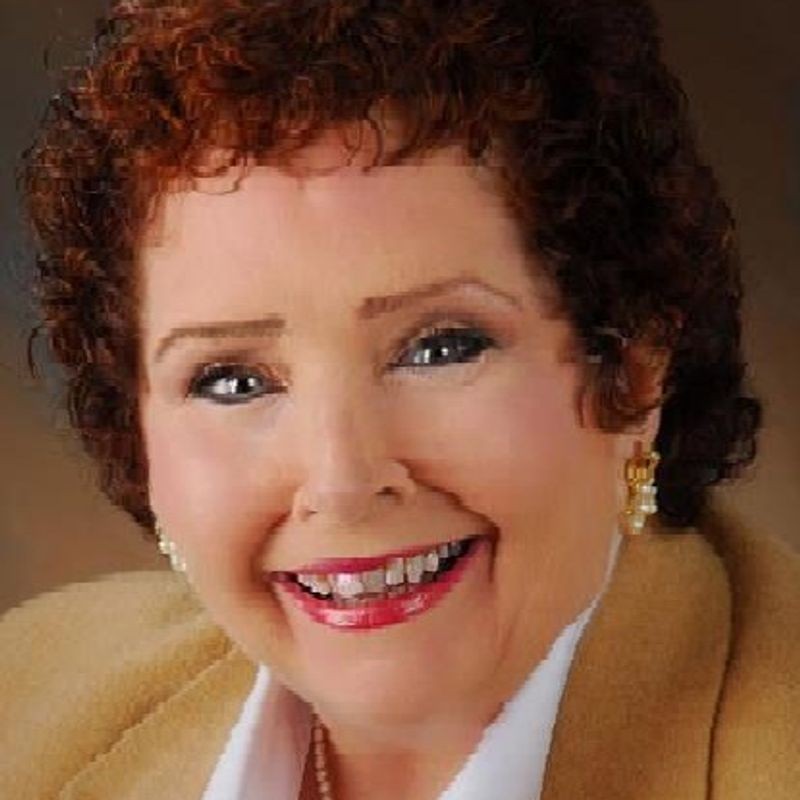
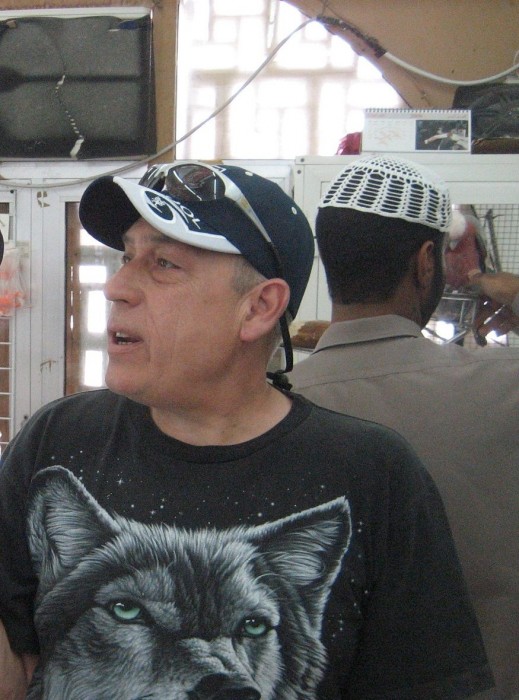

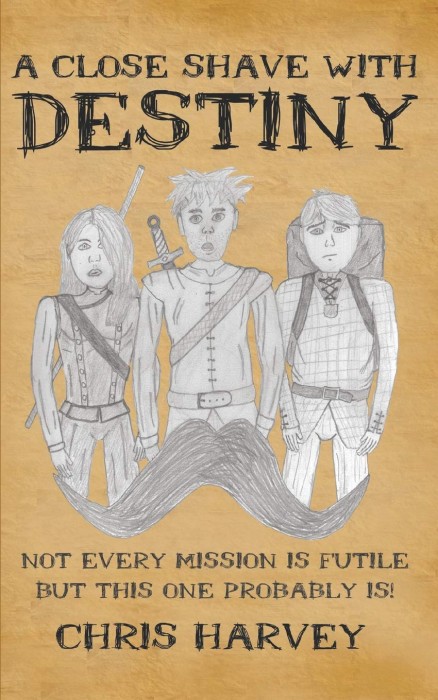


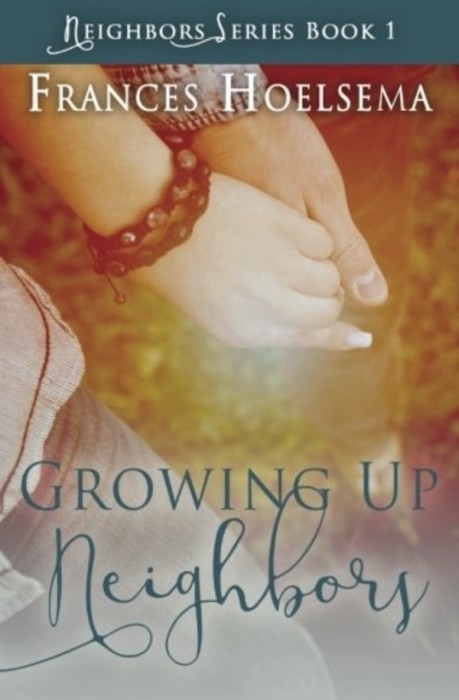
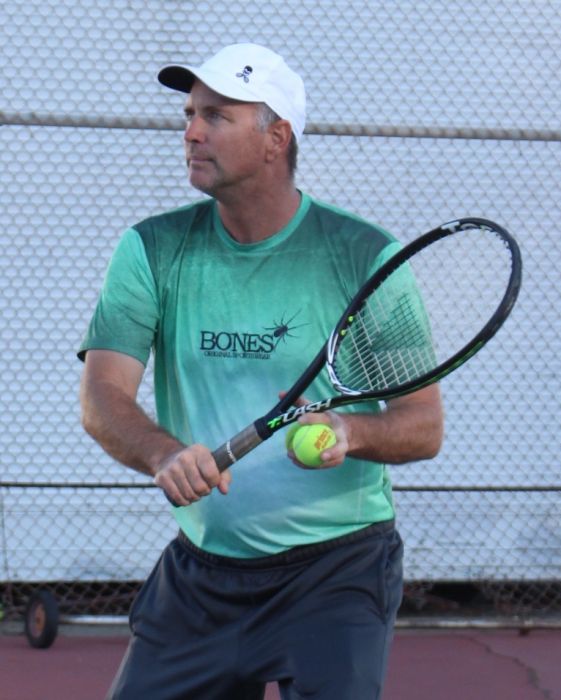
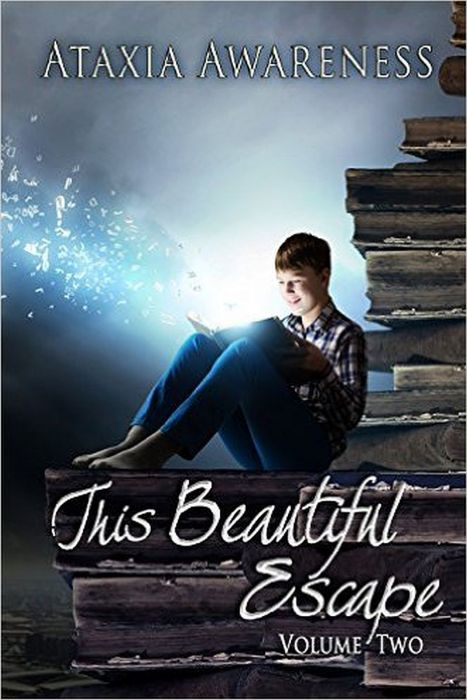
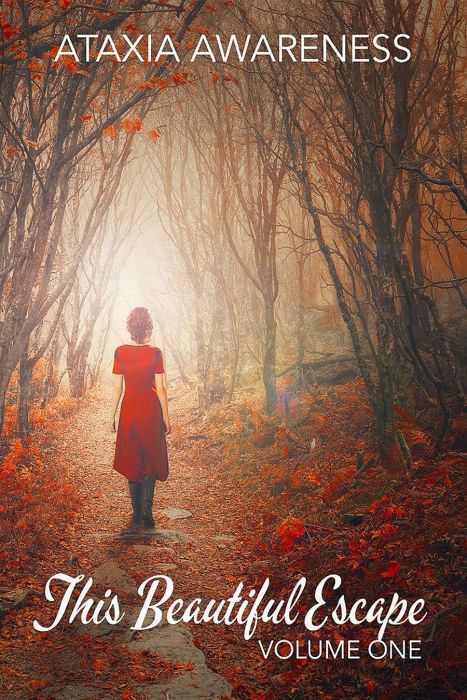
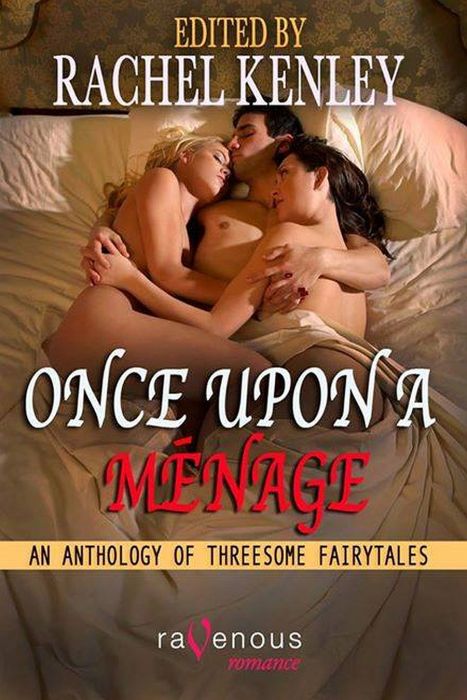




Comments